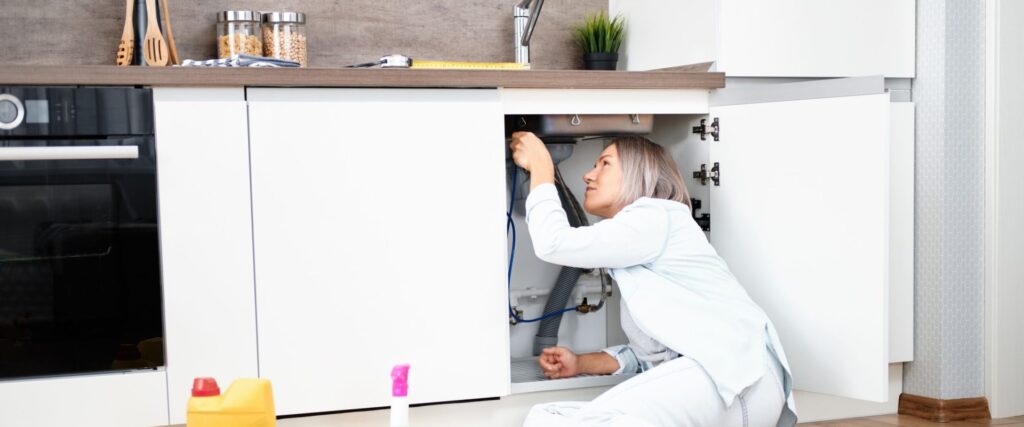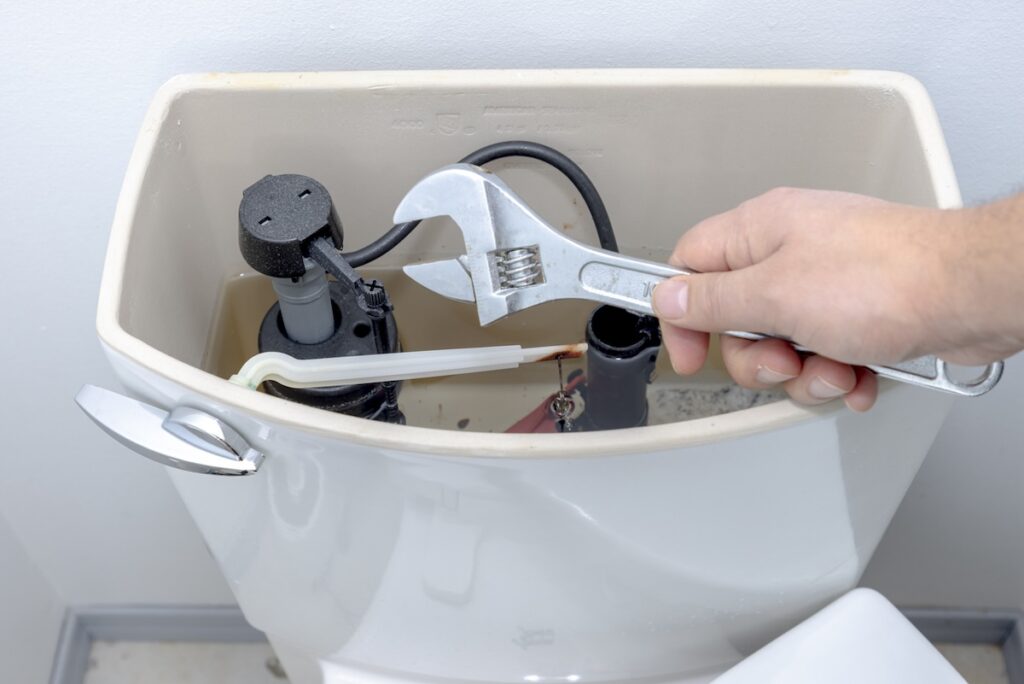The Risks of DIY Plumbing Repairs
The thought of fixing a plumbing issue on your own might seem empowering and cost-effective. With countless online tutorials and home improvement shows glamorizing the process, many homeowners are tempted to take plumbing matters into their own hands. Whether it’s a leaking faucet, a clogged drain, or a running toilet, the urge to grab a wrench and get to work can be hard to resist.
While some minor plumbing issues can be handled with a bit of knowledge and the right tools, diving into more complex repairs without proper experience can lead to disastrous consequences. The idea of saving money is often the biggest motivator, but what starts as a small repair can quickly spiral into a much larger and more expensive problem.

Misdiagnosing the Problem
One of the most significant risks of DIY plumbing is misidentifying the root cause of the issue. What appears to be a simple clog or leak might be a symptom of a more serious underlying problem. Without the training and diagnostic tools that professional plumbers use, it’s easy to mistake one problem for another.
For example, if a homeowner notices water backing up in the sink, they might assume it’s a basic blockage and try using a plunger or chemical drain cleaner. However, the actual cause could be a broken sewer line or tree root intrusion. Attempting to fix the issue with over-the-counter solutions may provide temporary relief but ultimately worsens the situation.
Using the Wrong Tools or Materials
Plumbing is a specialized trade that requires the right tools for the job. Many DIY enthusiasts don’t realize that not all pipes, fittings, and sealants are interchangeable. Using mismatched parts or applying the wrong kind of sealant can result in leaks, corrosion, or pressure problems in the plumbing system.
Additionally, improper use of tools can cause physical damage to pipes, fittings, or fixtures. Over-tightening a connection or using too much force with a wrench can crack a pipe or strip threads, leading to leaks that weren’t there before. Professional plumbers are trained to use tools correctly and have access to industry-specific equipment that ensures the job is done safely and effectively.
Violating Plumbing Codes and Regulations
Plumbing work is governed by local codes and regulations that ensure the safety and health of occupants. DIY repairs often bypass these legal requirements, especially when the homeowner is unaware of the standards that must be followed. Installing or modifying plumbing systems without the proper permits can lead to serious consequences, including fines or mandated removal of unapproved work.
These codes exist for good reason. They are designed to protect people from risks such as contaminated water supply, gas leaks, and structural damage. Professionals are not only familiar with these regulations but are also licensed and insured to carry out plumbing work in accordance with local laws. Attempting DIY repairs that violate codes can jeopardize a home’s safety and compromise its resale value.
Risk of Water Damage
Perhaps the most expensive consequence of DIY plumbing repairs is the risk of water damage. A minor leak that is improperly repaired can go unnoticed for weeks or months, seeping into walls, flooring, and ceilings. Over time, this moisture can cause wood rot, mold growth, and structural damage that may require extensive renovations.
In some cases, a DIY repair might cause an immediate flood. For instance, removing a pipe without properly shutting off the water supply can result in hundreds of gallons of water pouring into the home within minutes. The cost of repairing water damage, replacing flooring, and removing mold can far exceed the cost of hiring a licensed plumber in the first place.

Health and Safety Concerns
Plumbing repairs can pose serious health and safety risks when not performed correctly. Working with hot water heaters, gas lines, or sewage systems requires knowledge and caution. A mistake in handling a gas water heater could lead to a gas leak, which presents a risk of fire, explosion, or carbon monoxide poisoning.
Sewage backups or broken sewer lines can expose homeowners to harmful bacteria and viruses. Without proper protective equipment and procedures, handling raw sewage can lead to serious infections and health problems. Licensed plumbers are trained to handle these hazardous situations safely, using the appropriate gear and techniques to minimize risk.
Invalidating Insurance and Warranties
Many homeowners don’t realize that unauthorized or unlicensed work can void warranties on plumbing fixtures and appliances. Manufacturers often require that their products be installed by licensed professionals in order to maintain warranty coverage. If a DIY installation fails, the homeowner may be left without support or recourse from the manufacturer.
Similarly, home insurance policies may not cover damage resulting from unapproved or improper DIY plumbing work. If a burst pipe floods the basement and the insurer discovers it was the result of a DIY repair gone wrong, they might deny the claim entirely. This can leave the homeowner responsible for thousands of dollars in repairs and restoration costs.
When to Call a Professional
There’s no shame in recognizing the limits of your abilities. Knowing when to call a professional plumber can save time, money, and stress. Complex issues such as water heater repairs, sewer line problems, pipe replacements, and any work involving gas lines should always be handled by licensed experts such as acplumbingconstructioninc.com/services/sewer-and-drain-cleaning/
Even for seemingly simple tasks, a quick consultation with a plumber can offer peace of mind. Many professionals are willing to provide estimates or advice over the phone, helping homeowners understand the scope of a problem before diving into a risky repair attempt.